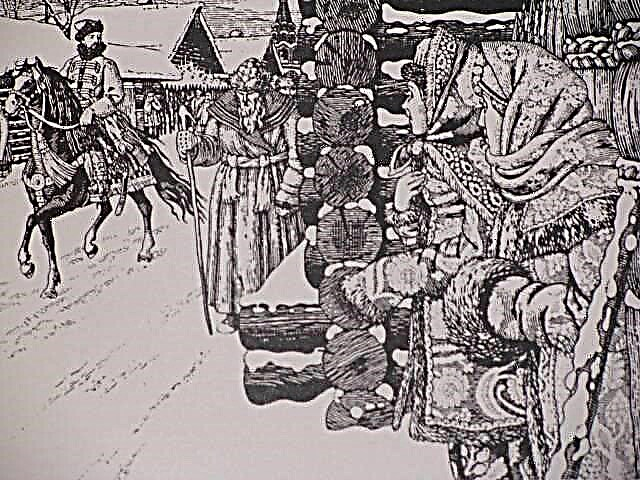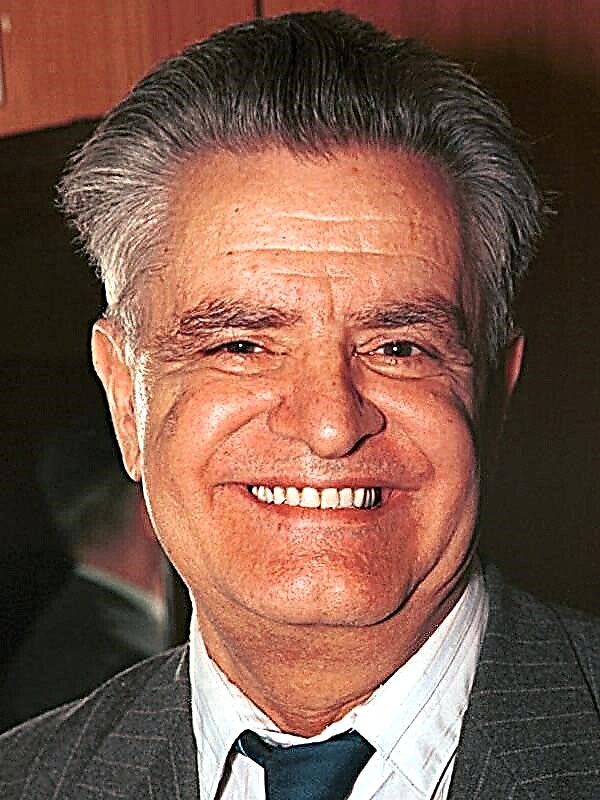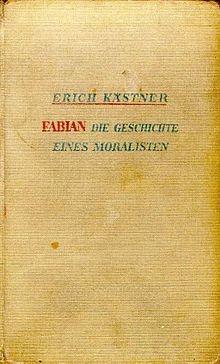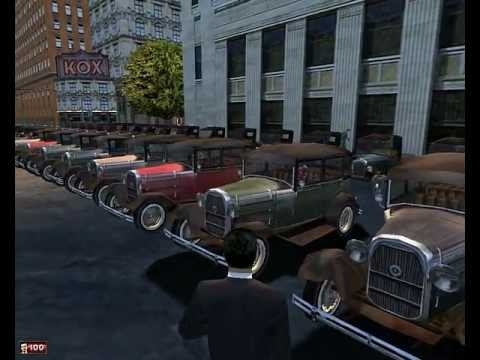(434 words) Makar Devushkin is a representative of the gallery of “little people” who conquered Russian literature in the 19th century. Every second author of that time tried to create his own “little man” in order to reflect his view of this type of human nature. Through this image, writers expressed their opinion about the social system, the state of society and the state, as well as about the relationship between people. Makar Devushkin is so interesting to us that he expresses the position of early Dostoevsky, because “Poor People” is the debut of the writer.
Makar worked as an official, lived poorly and modestly. In his chest sometimes there was not even tea. The only consolation of this middle-aged man, middle intellectual abilities, middle position was a distant relative of Barbara, who was in trouble and needed his help. Lonely Girl's life has changed: he began to live from letter to letter, from visit to visit. It is in this relation of Makar to the girl that we see the positive aspects of his nature: kindness, responsiveness, willingness to sacrifice everything for love. A big heart is hiding in a small man, and Dostoevsky emphasizes this paradox, unwittingly pushing the puny official with the big businessman Bykov, whose last name speaks for him. This is just the same big person whom many people respect and consider a model of masculinity. However, the merchant, having met a young lady without support and family, abused her and was so. His strength is just aggression and arrogance. But the true nobility of the soul was shown by the one whom no one took seriously, the one whom everyone considers “small”. The girls contained Varenka disinterestedly and helped her cure mental trauma from Bykov's violence. By his example, the author showed that in Russia at that time, people had to rely only on each other, because the state indifferently listened to their suffering. In such an environment, they needed to show compassion and protection towards each other. Only in this was salvation from the hopelessness of life.
But Dostoevsky was a true artist and found conflicting features in everything. So Makar was not an ideal. Faced with life's difficulties and the inability to support Varia and himself, he washed down. He did not have the strength and courage to overcome obstacles, he was too soft and cowardly. In addition, his ignorance catches the eye. Only Varya was able to at least slightly develop her temporary patron, weaning him from bad and tasteless literature. In these features, the author expressed the general grief of many "little people" - their stupidity and lack of will. They cannot change their lives, and not only because of a lack of money. Their main problem was stupidity, expressed in the absence of intellectual and spiritual needs.
In the image of Makar Devushkin, the reader sees not only a small person with the usual set of features and characteristics, but also an indicator of the state of society in that era. The state and society, through their indifference, and sometimes contempt, humiliated an ordinary person to such an extent that he lost his self-esteem and dignity, although he was virtuous and capable of more.







 Ranger
Ranger



